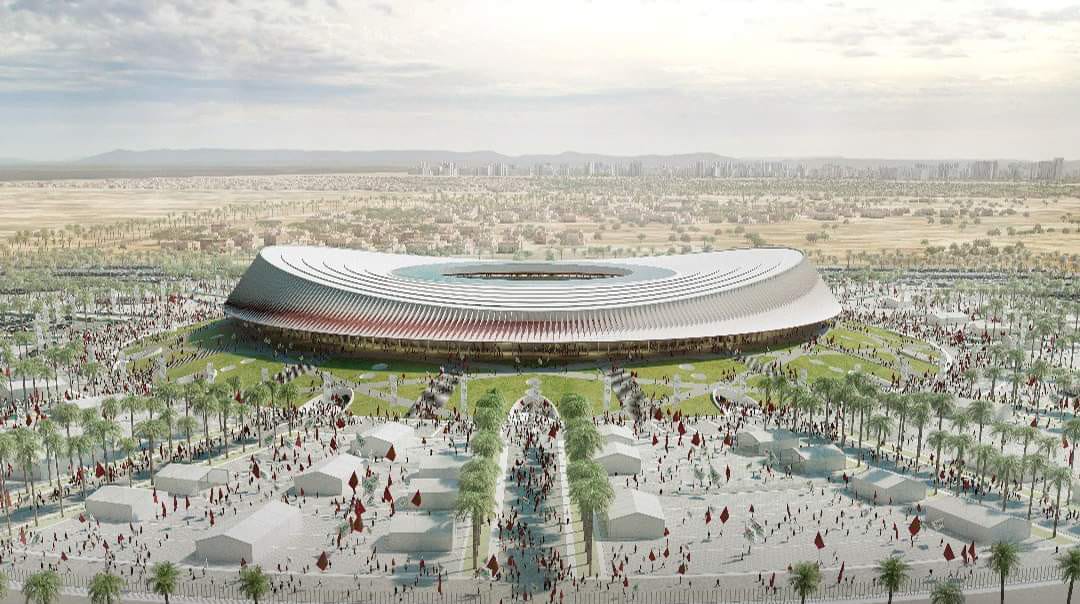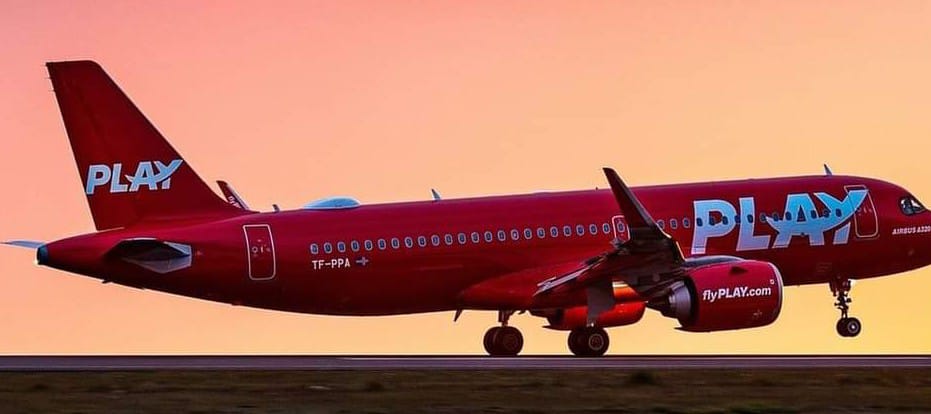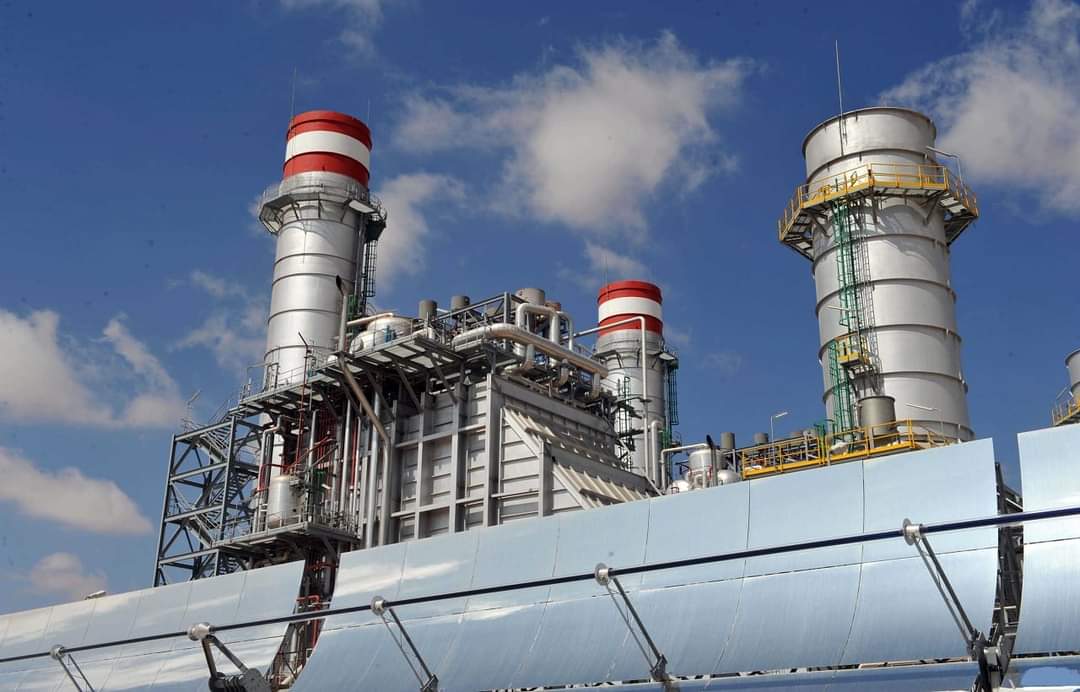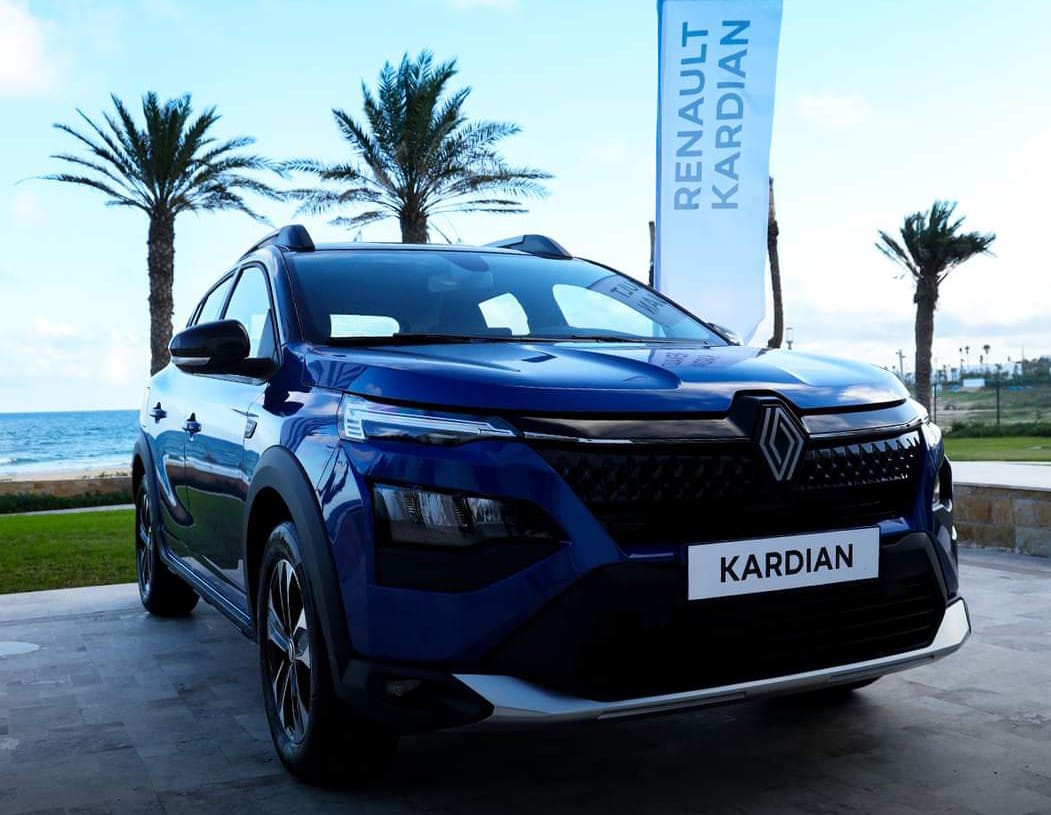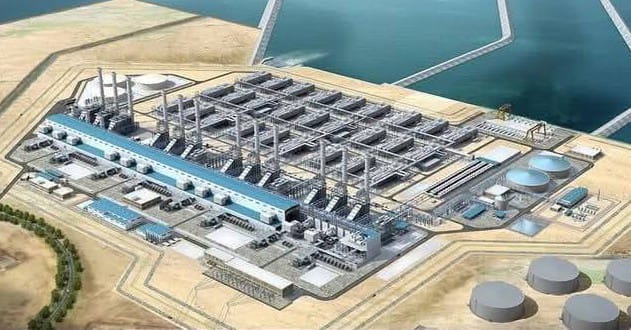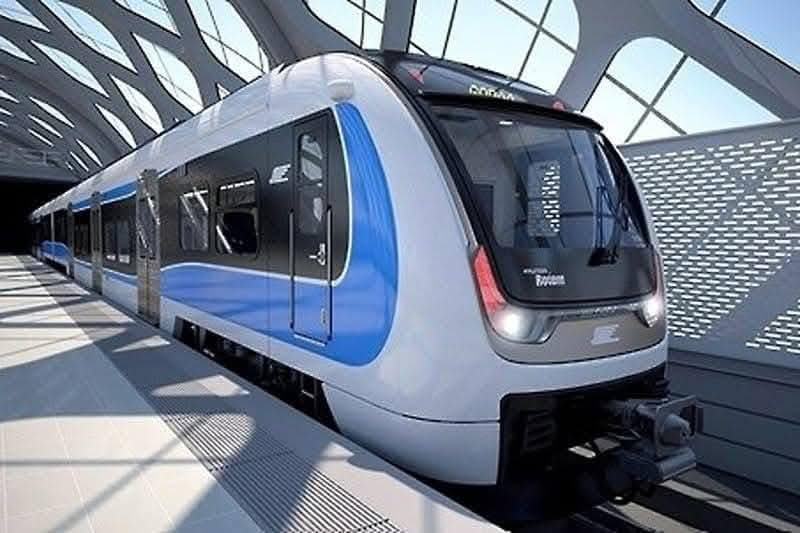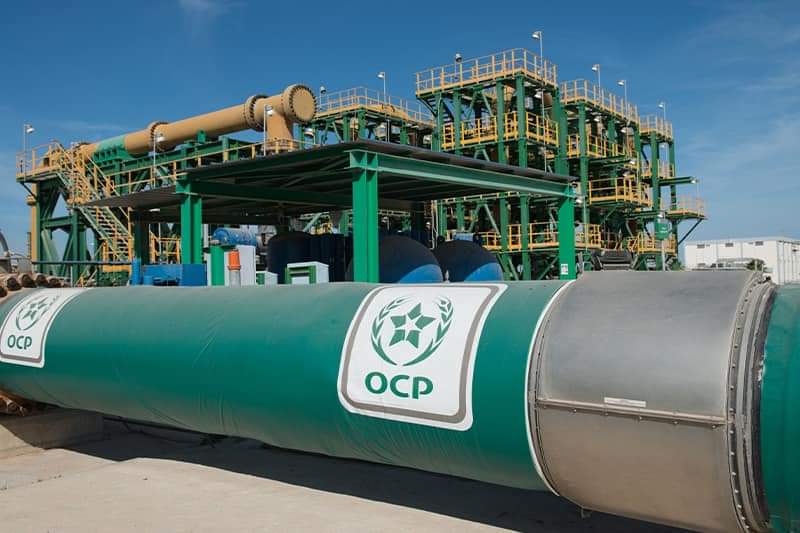Casablanca – As Morocco intensifies its preparations to co-host the 2030 FIFA World Cup with Spain and Portugal, British companies are looking to invest significantly in the country’s infrastructure projects tied to the event. Between October 15 and 17, 2024, a delegation of 12 prominent British firms visited Morocco, exploring collaboration opportunities aimed at building the necessary infrastructure to support the global tournament.
During a reception in Rabat, British Ambassador Simon Martin emphasized the UK’s strong interest in partnering with Morocco for World Cup-related projects. He highlighted the mutual benefits of British and Moroccan expertise in fields such as construction, planning, and sustainability. “There’s great potential for both countries to learn from each other,” said Martin, underscoring the UK’s experience in organizing major sporting events, including the 2012 London Olympics and the 2022 World Cup in Qatar.
The UK government is reportedly considering an investment of at least $6 billion to support Morocco’s infrastructure development, focusing on the modernization of airports, railway systems, and public facilities, which will be critical for accommodating millions of visitors expected for the tournament. However, the ambassador noted that the exact figures will depend on further discussions with the private sector.
The British delegation’s visit reflects the growing importance of international partnerships in ensuring the success of major events like the World Cup. British companies are keen to contribute to sustainable, long-term projects that will leave a positive legacy beyond 2030. “We are not just here for the World Cup,” Martin said, emphasizing that the goal is to avoid “white elephant” projects that don’t serve the country in the long run.
British companies have already been involved in several key Moroccan projects. For example, British firms are designing major new stadiums in Rabat and Casablanca. A British company recently secured the contract to design the Hassan II Stadium in Casablanca, a flagship development eagerly awaited by the global sports community.
In addition to sports infrastructure, the mission included companies specializing in environmental sustainability and water management. A representative from one British multinational, which focuses on environmental engineering, spoke of the company’s dedication to supporting Morocco’s development goals. “We’re excited to contribute to Morocco’s broader plans in infrastructure, energy, and transportation, not just for the World Cup, but for long-term growth.”
With British expertise in sustainability and urban planning, there is a strong focus on ensuring that the infrastructure built for the World Cup continues to benefit Morocco for years to come. “This is about creating a lasting legacy,” Martin added. He pointed out that British companies have vast experience in designing public spaces and transport hubs that enhance the visitor experience while meeting international standards.
The visit marks a significant step in strengthening the economic ties between the UK and Morocco. The involvement of British companies could help shape Morocco’s infrastructure in the run-up to the World Cup, driving economic growth and reinforcing the country’s role on the global stage. The groundwork laid during this mission suggests that the collaboration will extend far beyond 2030, contributing to Morocco’s development for years to come.






